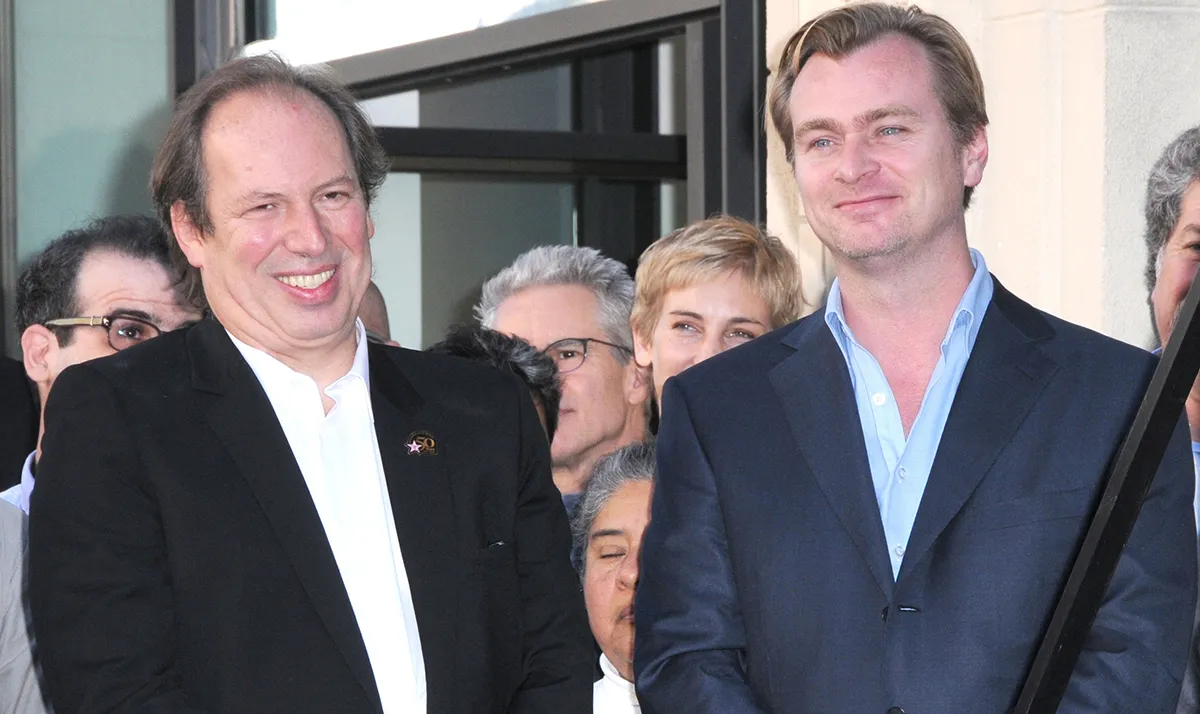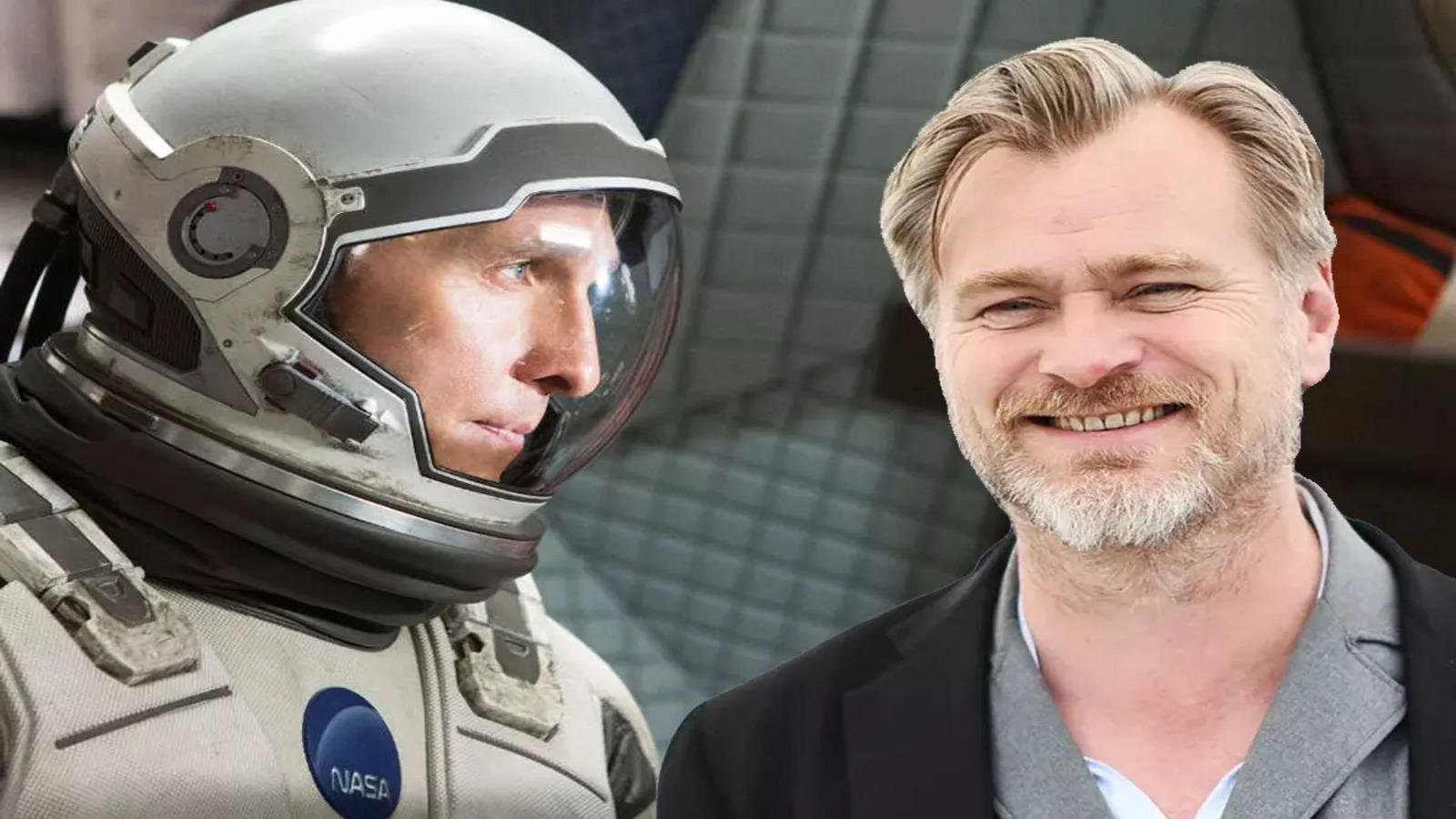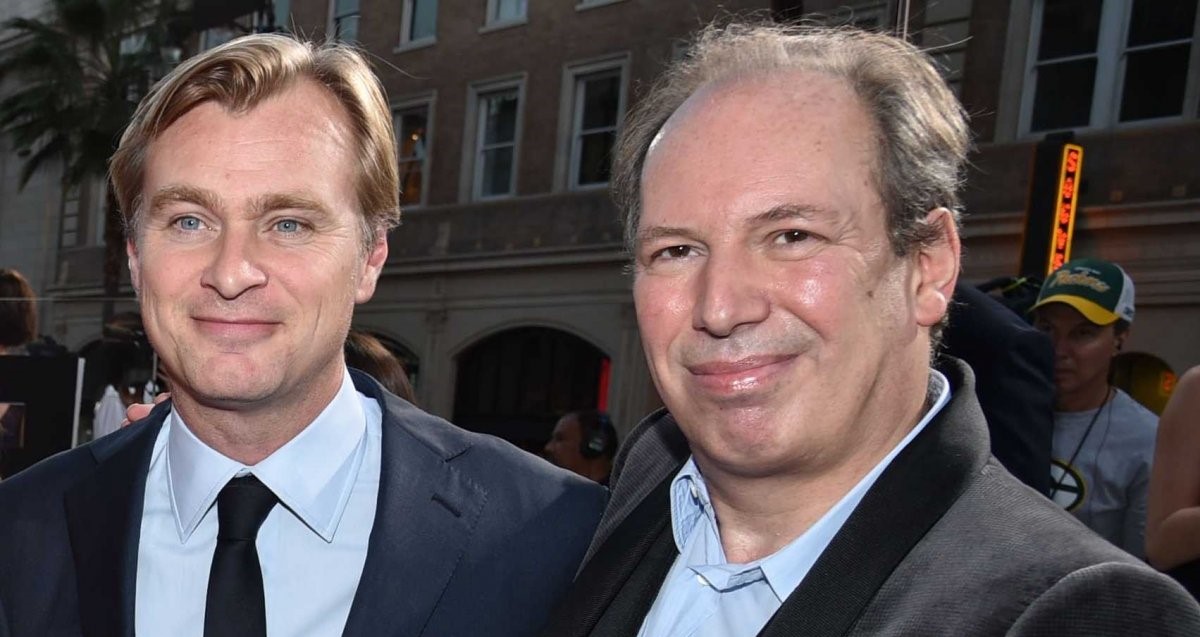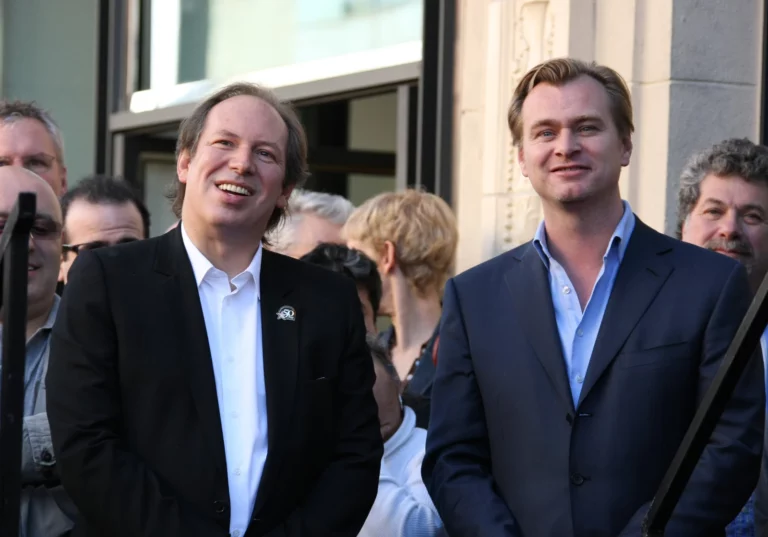Hans Zimmer, the iconic composer behind some of Hollywood’s most memorable scores, recently shared his rather candid thoughts on the paradoxical creativity spurred by less successful films. In an appearance on The Jonathan Ross Show, Zimmer discussed the unexpected freedom that comes with working on what he referred to as “crap movies.”
“When you get a crap movie, it frees you. It lets you write the most wonderful things because you’re the only good thing happening,”
Zimmer explained. This perspective sheds light on the composer’s ability to remain artistically vibrant and innovative, even when the films themselves do not meet expectations at the box office. His extensive career has seen him work across a diverse range of genres, from live-action blockbusters to animated features, proving that his talents can uplift even the most lackluster of projects.

Zimmer’s Role in the Creation of “Interstellar”
The conversation took a more profound turn when discussing Zimmer’s collaborations with director Christopher Nolan, particularly on the acclaimed sci-fi epic, Interstellar. Unlike typical film scoring processes, Zimmer’s involvement came unusually early.
“It goes back to Chris Nolan and Interstellar. Chris asked me to write this piece of music before he’d even written the script. So I played it to him without looking at him,”
Zimmer recounted during a chat on the ReelBlend podcast.
The story behind Interstellar‘s score is as cinematic as the film itself. After Zimmer performed the piece, Nolan’s reaction was simple yet impactful:
“Hmm, suppose I better make the movie.”
This anecdote not only highlights Nolan’s trust in Zimmer’s artistic vision but also underscores how a single piece of music can inspire an entire film’s creation.

Reflecting on a Pioneering Career
Beyond the big-screen successes and occasional duds, Zimmer’s reflection on his career during a discussion via Curzon revealed the broader influence he has had on film music.
“I thought I found a real language, and that Hans Zimmer’s language for an action movie is different from other people’s. And by the end of the year, every action movie was sounding like my movie!”
he said, acknowledging the trend-setting impact of his work.
This influence necessitated a stylistic evolution, as Zimmer noted,
“I had to change style because everybody else was doing it.”
His ability to continually adapt and innovate has kept him at the forefront of the industry, attached to numerous modern movie franchises and revered as a mentor in what he describes as the “Christopher Nolan School of making movies,” where narrative and musical themes intricately weave through time.

A Legacy of Musical Storytelling
Zimmer’s journey through the echelons of film scoring has not only defined his career but has also shaped the soundscapes of modern cinema. His approach—crafting themes ahead of the script, daring to innovate in the face of uninspiring projects, and mentoring the next generation of composers—highlights a legacy built on bold creativity and profound collaboration. As the industry continues to evolve, Zimmer’s reflections offer a unique window into the art and craft of film music, reminding us that behind every score is a story of artistic freedom and visionary foresight.
